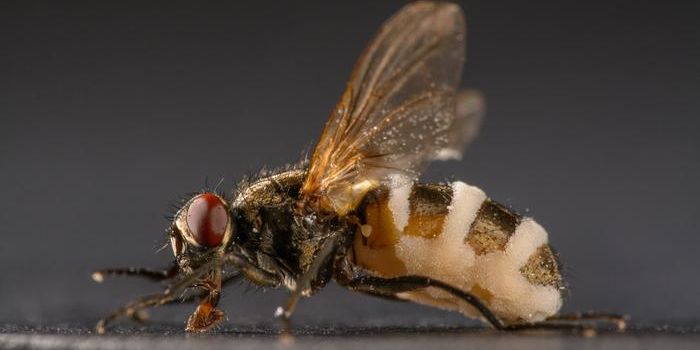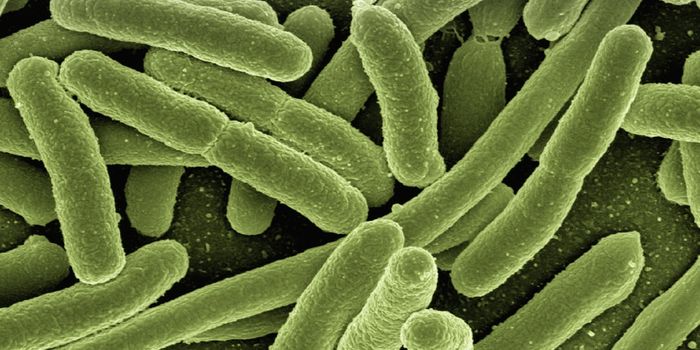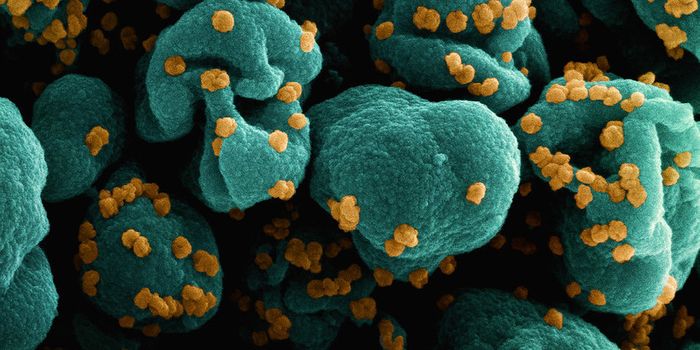Researchers May Have Found a Way to Cure Rotavirus Infections
Rotaviruses are very contagious. They are the most common cause of diarrhea in children and are estimated to cause about 215,000 deaths every year. Many children in developing nations are at risk. While a vaccine has been developed, it's only moderately effective at preventing the disorder in these kids.
These viruses have genomes made of RNA, and tend to infect epithelial cells like the ones that make up skin, or those which cover various organs such as the intestine, blood vessels, organs, or the urinary tract.
The human immune system can secrete two molecules called cytokines, specifically, interleukin 18 (IL-18) and interleukin 22 (IL-22), that, when combined, seem to be able to prevent rotavirus infections or cure them. This combination of cytokines might also be useful in the treatment of other epithelial cell-infecting viruses like noroviruses, suggested the findings, which have been reported in Science Immunology by researchers from the Institute for Biomedical Sciences at Georgia State University.
This study investigated the mechanism underlying this phenomenon. The cytokines IL-18 and IL-22 are generated when the immune system detects a protein carried in a whip-like appendage of bacteria. These cytokines can each promote the expression of the other, and can each also activate receptors found in intestinal epithelial cells. When this happens, IL-22 induces cells that are infected with the rotavirus to be expelled completely from the body. The other cytokine, IL-18, promotes the death of rotavirus-infected cells. These mechanisms drive out rotavirus infections even when an infected person has a compromised immune system.
"Our study reports a novel means of eradicating a viral infection, particularly viruses that infect epithelial cells," said senior study author Dr. Andrew Gewirtz, a professor in the Institute for Biomedical Sciences at Georgia State. "The results suggest that a cocktail that combines IL-18 and IL-22 could be a means of treating viral infections that target short-lived epithelial cells with high turnover rates."
Sources: AAAS/Eurekalert! via Georgia State University, Science Immunology









